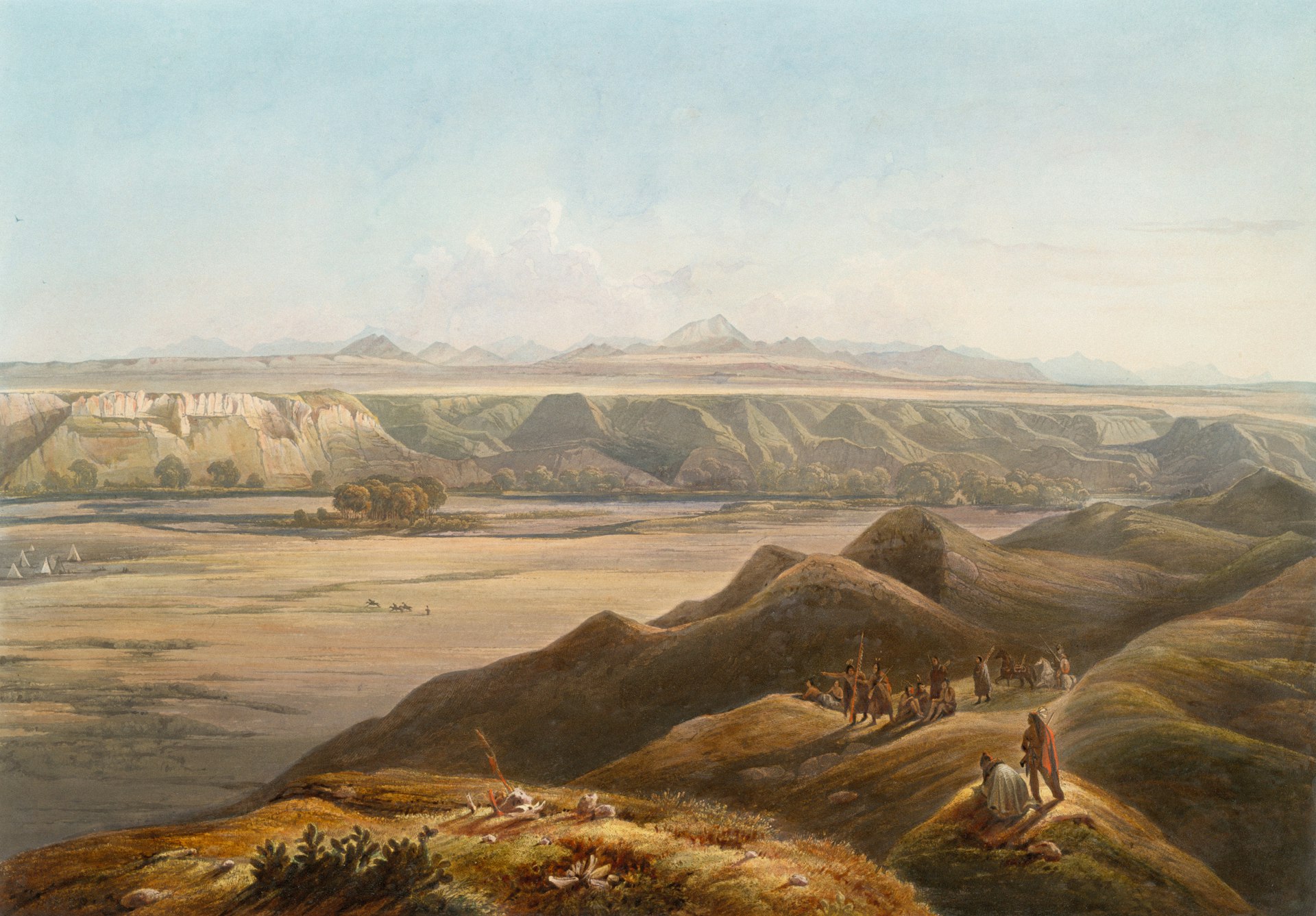Unraveling Global Change: The Lasting Impact of the Russian Revolution

Photo by Dmitry Ant on Unsplash
Introduction: A Turning Point in Modern History
The Russian Revolution of 1917 stands as one of the most transformative moments in world history. Its repercussions were felt not just within Russia, but across continents, reshaping political systems, inspiring revolutionary movements, and altering the trajectory of the twentieth century. Understanding its impact provides insight into the global shifts that set the stage for much of the world we know today [1] .
The End of Empire and Birth of a New Ideology
Before 1917, Russia was an autocracy under the centuries-old Romanov dynasty. The Revolution’s first phase, known as the February Revolution, saw the abdication of Tsar Nicholas II and the collapse of the monarchy [5] . In the wake of social unrest, economic hardship, and military failures during World War I, a provisional government took power but struggled to maintain stability. The October Revolution swiftly followed, with the Bolsheviks-led by Vladimir Lenin-seizing control and establishing the world’s first communist state [4] . This marked the beginning of a new ideological era, as communism emerged as a global alternative to capitalism and monarchy, providing a model for other revolutionary movements worldwide [2] .
Global Political Repercussions
The Russian Revolution catalyzed seismic political changes beyond its borders. The immediate effect was the withdrawal of Russia from World War I, which shifted the balance of power and influenced the war’s conclusion [4] . More broadly, the Revolution demonstrated the vulnerability of empires, hastening the collapse of other long-standing regimes, such as the Ottoman and German Empires. Across Europe and Asia, the Bolshevik model inspired the formation of new communist parties, notably influencing the Chinese Revolution and the eventual rise of the People’s Republic of China [1] .
The ideological shift also fueled anti-colonial movements. The success of the Bolsheviks emboldened independence leaders in colonized countries, providing a blueprint for resistance against imperial powers and promoting the formation of nation-states. The Revolution’s legacy contributed to the disintegration of colonial systems and the emergence of new independent countries in Asia, Africa, and the Middle East [1] .
The Rise of Communism and the Cold War
Arguably the most significant impact of the Russian Revolution was the global rise of communism. The establishment of the Soviet Union in 1922 institutionalized Marxist-Leninist principles, making communism a viable and attractive alternative for disillusioned populations worldwide [2] . Over the next decades, communist parties gained power in countries such as China, Cuba, and Vietnam, often after protracted struggles or wars. The ideological divide between communism and capitalism became the defining feature of international relations in the twentieth century.
This divide ultimately manifested as the Cold War-a prolonged period of political, military, and economic rivalry between the Soviet Union and the United States. The world was divided into spheres of influence, with proxy wars, nuclear arms races, and competing alliances shaping global events for nearly half a century [3] . The Cold War’s impact on geopolitics, technology, and culture-such as the space race and the proliferation of nuclear weapons-can be directly traced to the ideological roots established by the Russian Revolution.
Socio-Economic Transformations
Within Russia, the Revolution prompted radical changes in society, economy, and governance. The Bolsheviks abolished private property in favor of state ownership, redistributed land to peasants, and nationalized major industries. These measures aimed to create a classless society, though in practice, they led to both progress and hardship. For example, Lenin’s New Economic Policy (NEP) allowed limited private enterprise to revive the war-torn economy, demonstrating a pragmatic approach to socialist ideals [2] .
The social impact was equally profound. The Revolution sought to dismantle old hierarchies, promote literacy and education, and offer greater rights to women and workers. However, these ambitions often clashed with reality, as political repression, purges, and famine marred the early years of Soviet rule. Despite these challenges, the Soviet Union became a major industrial and scientific power, pioneering achievements such as launching Sputnik and making significant advances in literature, art, and technology [3] .
Challenges and Controversies
Implementing revolutionary change on such a scale was fraught with obstacles. The Russian Civil War, economic dislocation, and widespread unrest tested the new government’s ability to maintain control and deliver on its promises. Many nations viewed the spread of communism as a threat, leading to international isolation and, later, direct confrontation during the Cold War. Internally, the balance between ideological purity and practical governance remained a persistent challenge, with the NEP serving as an example of compromise in the face of economic crisis [2] .
For those seeking to study or understand the Revolution’s legacy, universities, libraries, and reputable online resources may be consulted. You can access extensive research and documentation on the Russian Revolution through major academic institutions, public libraries, and organizations such as the Library of Congress or the British Library. For more specialized research, consider searching for ‘Russian Revolution archives’ or ‘Soviet history digital collections’ through official academic or governmental portals.
Case Studies and Modern Reflections
The Russian Revolution’s influence on China, Cuba, and Vietnam serves as a clear example of its global reach. Mao Zedong’s Communist Revolution in China drew inspiration from the Bolshevik model, adapting it to local conditions and transforming China into a world power. In Cuba, Fidel Castro and his allies cited the Russian experience as a guiding light for their own revolutionary movement. Similarly, Vietnam’s struggle for independence and reunification was shaped by communist ideology rooted in the Russian precedent [1] .

Photo by Yoksel 🌿 Zok on Unsplash
Today, historians continue to debate the Revolution’s ultimate legacy. While it ended centuries of autocratic rule and inspired millions, it also led to new forms of authoritarianism and contributed to some of the greatest conflicts of the modern era. The lessons of 1917 remain relevant for those seeking to understand the dynamics of social change, the risks of unchecked power, and the possibilities-and limits-of revolutionary transformation.
Practical Steps for Further Study and Engagement
If you are interested in exploring the impact of the Russian Revolution further, consider these steps:
- Visit your local library or university to access books and academic journals on twentieth-century history and Soviet studies. Librarians can assist you in locating authoritative works and primary sources.
- Use online academic databases such as JSTOR, ProQuest, or the official websites of universities for peer-reviewed articles. Many of these platforms offer free access to selected materials or allow you to search for relevant scholarship.
- To examine archival materials, search for “Russian Revolution digital archives” through major research institutions such as the Library of Congress, the British Library, or the Russian State Library. These collections often include photographs, government documents, and eyewitness accounts.
- For classroom or independent study, the OER Project and other reputable educational initiatives provide curated articles and primary sources for learners at all levels. Search for “Russian Revolution” on recognized education platforms.
- Consider joining history-focused organizations or discussion groups to share insights, ask questions, and access curated content on revolutions and global history.
Conclusion: Why the Russian Revolution Still Matters
The Russian Revolution transformed not only a nation, but the entire world order. Its echoes can be traced in the rise and fall of empires, the spread of new ideologies, and the enduring contest between different visions of society. Whether viewed as a triumph of social justice or a cautionary tale of excess and repression, the Revolution’s legacy continues to shape debates on governance, equality, and the future of global politics. By studying its impact, individuals and societies can gain a deeper understanding of the forces that drive historical change and the challenges of building a better world.
References
- [1] Global-e (2018). The World Historical Implications of the Great Russian Revolution.
- [2] Fiveable. The Russian Revolution and Its Effects – AP Euro Study Guide.
- [3] Futurity (2017). 100 years after Russian Revolution, communism’s impact lingers.
- [4] OER Project. The Power of One: The Russian Revolution.
- [5] Wikipedia. Russian Revolution.



